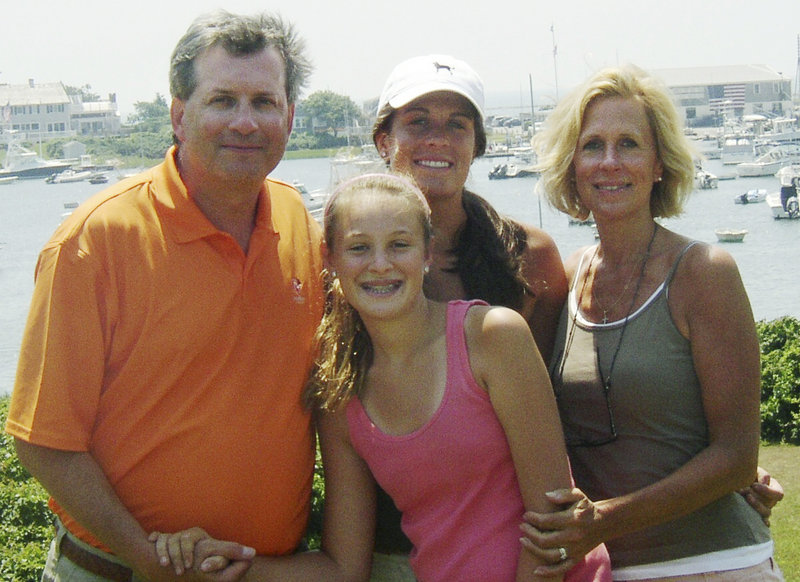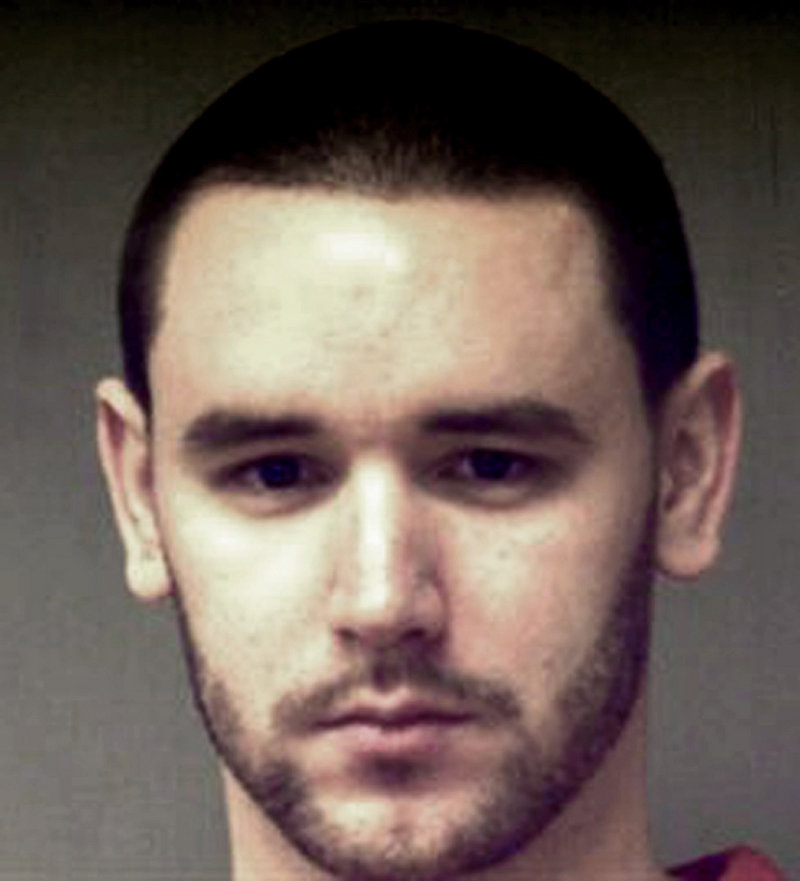NEW HAVEN, Conn. – A jury condemned a Connecticut man to death Friday for killing a woman and her two daughters in their suburban home, a gruesome crime that halted momentum to abolish the death penalty in the state.
The jury took five days to deliberate defense attorneys’ request to spare the life of Joshua Komisarjevsky in light of abuse he suffered as a boy. Komisarjevsky, who will join his accomplice Steven Hayes on Connecticut’s death row, had no visible reaction.
The two paroled burglars tormented a family of four in the New Haven suburb of Cheshire before killing Jennifer Hawke-Petit and leaving her daughters, 17-year-old Hayley and 11-year-old Michaela, to die in a fire.
The only survivor, Dr. William Petit, was beaten with a baseball bat and tied up but managed to escape. As the verdict was pronounced, his eyes blinked rapidly and his hand was clenched in a fist. He later bowed his head and closed his eyes.
The sentencing verdict concluded two long trials that subjected jurors to grim evidence including charred beds, rope used to tie up the family and autopsy photos. The attack in 2007 led to the defeat of a bill to outlaw the death penalty in Connecticut, sparked tougher state laws for repeat offenders and home invasions, and drew comparisons to the crime described in Truman Capote’s “In Cold Blood,” which documented the brutal murders of a Kansas farmer and his family.
In closing arguments, a prosecutor said the two men created “the ultimate house of horrors” by inflicting extreme psychological and physical pain on the victims that amounted to torture.
“It was shockingly brutal. It was evil. It was vicious,” prosecutor Gary Nicholson said.
Before the verdict was announced, defense attorney Walter Bansley said his client was prepared for a death sentence.
“He’s very accepting,” Bansley said. “He’s been realistic from the beginning, and he understood that public sentiment is very much against him.”
Komisarjevsky will join 10 other men on Connecticut’s death row. The state has executed only one man since 1960, and the 31-year-old Komisarjevsky will likely spend years in prison.
The jury of seven women and five men, the same panel that convicted Komisarjevsky, sentenced him to death on each of six capital felony counts and took only slightly longer to reach a decision than Hayes’ jury did.
Jurors heard 20 days of testimony from defense witnesses including psychologists, Komisarjevsky’s parents and his sister. In arguing for a life sentence, his attorneys said his ultra-religious family never got Komisarjevsky proper psychological help after he was repeatedly sexually abused as a child by his foster brother.
“The only option he ever had was to go through life damaged,” Bansley said in his closing argument.
Hayes was convicted last year of raping and strangling Hawke-Petit and killing the girls, who died of smoke inhalation after they were tied to their beds and doused in gasoline before the house was set ablaze. Komisarjevsky was convicted Oct. 13 of the killings and of sexually assaulting Michaela.
Komisarjevsky admitted in an audiotaped confession played for the jury that he spotted Hawke-Petit and 11-year-old Michaela at a supermarket and followed them to their house. After going home and putting his own daughter to bed, he and Hayes returned to the Petit house in the middle of the night to rob it.
In the morning, Hayes took Hawke-Petit to a bank to withdraw money, promising her no one would be hurt if she complied. Komisarjevsky took cellphone pictures of Michaela while she and Hayes were out.
The men, who blamed each other for escalating the crime, were caught fleeing in the family’s car.
The defense tried to show that Komisarjevsky has redeeming qualities, noting he won custody of his daughter when he was briefly out of prison, did well at a construction job and was known to volunteer to help others as a teenager who toured with a Christian singing group.
His family described him as remorseful. Prosecutors tried to raise doubts about his remorse, noting that he blamed Petit, the only survivor, for not doing more to help his family even though Komisarjevsky had beaten him with a bat and tied him up.
Send questions/comments to the editors.




Success. Please wait for the page to reload. If the page does not reload within 5 seconds, please refresh the page.
Enter your email and password to access comments.
Hi, to comment on stories you must . This profile is in addition to your subscription and website login.
Already have a commenting profile? .
Invalid username/password.
Please check your email to confirm and complete your registration.
Only subscribers are eligible to post comments. Please subscribe or login first for digital access. Here’s why.
Use the form below to reset your password. When you've submitted your account email, we will send an email with a reset code.